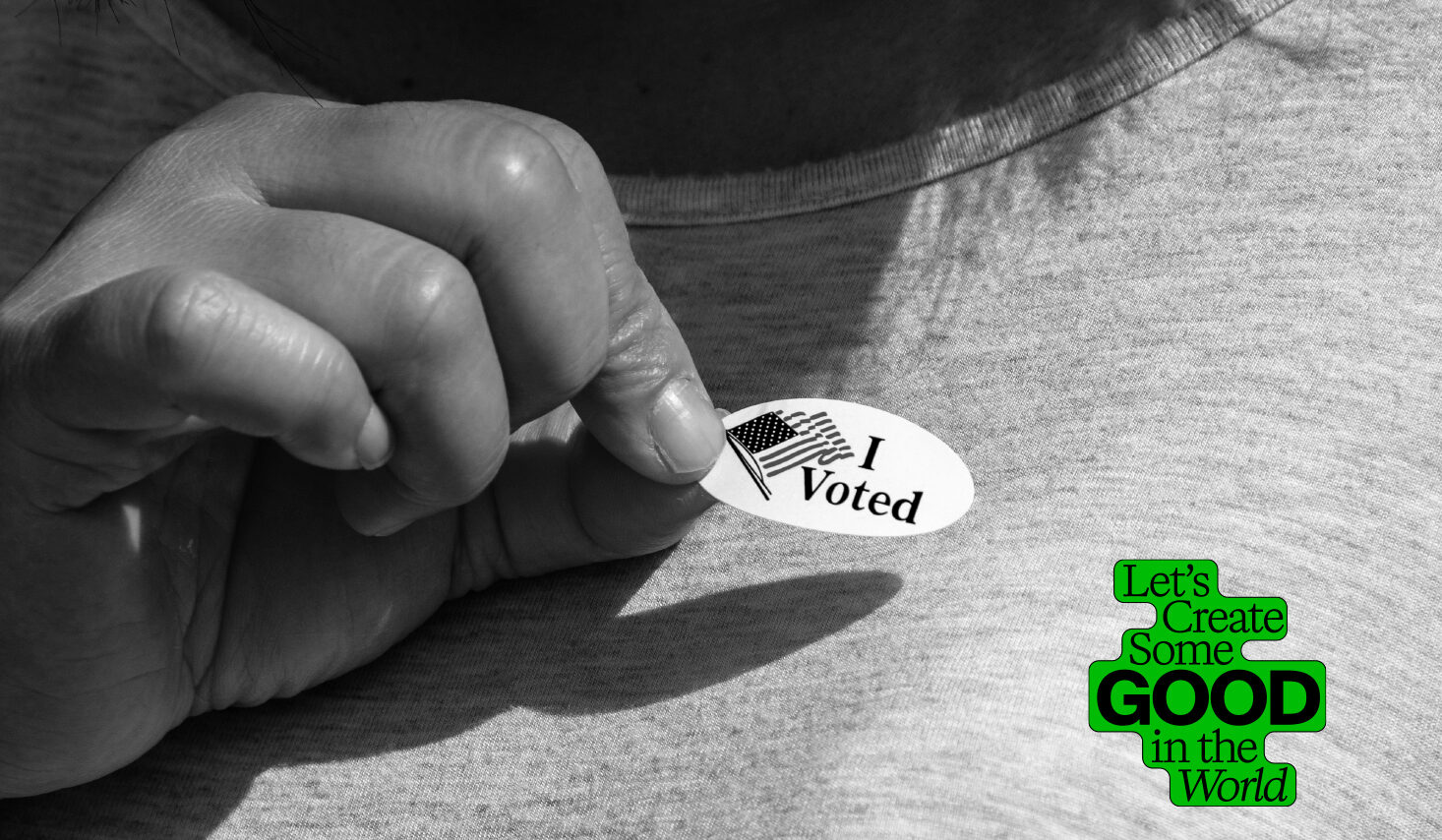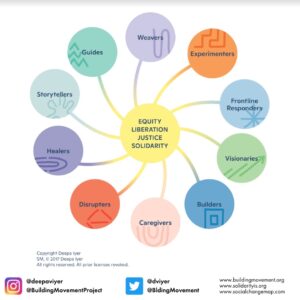
The devastating results of the US presidential election, which will bring back the right wing extremist politics of Donald Trump, show us what is true: while voting is important, community organising will be life-saving. Every four years, many people zero in on the presidential election almost as if it is the pinnacle of political engagement. Voting can seem so important because, for many, it’s the bulk of their political work. But voting in elections cannot be the end-all of how you partake in politics. Voting is important and helps establish who we organise under, but we must still organise.
When most people hear politics, they assume it’s electoral politics, essentially supporting and voting for elected officials who, in theory, will take care of addressing societal ills and make it easier for everyday citizens to live their lives. Our votes elect people to power to legislate and to allocate our tax dollars, and in some ways, places the responsibility of “fixing” the world on them. That is one part of politics. But when organisers talk about politics, it is so much broader than elections. We are referring to how we see and interact with the world around us and the responsibility we have to be part of the world and in the work towards the liberation of all people.
View this post on Instagram
When we organise, we create people power that circumvents the traditional power structures that exist predominantly in electoral politics. As we organise our communities, we are creating networks of care and support that don’t rely on the state and transform the way we survive during periods of crisis like those we faced under the first Trump administration. Organising empowers our communities to take care of one another and respond to each other’s needs, understanding that our struggles are interconnected and we are stronger together.
To move from advocacy to organising requires intent to allocate time, labour, and resources towards your work. You must find a political home, a space amongst other organisers where you can struggle and grow with your politics, and build with your comrades. What the “work” looks like is up to you and your skillsets, and you don’t have to work at an advocacy organisation full time to do it. Abolitionist organiser and author, Mariame Kaba adapted a list from Frontline Medics on “Some Actions That Are Not Protesting or Voting.”
Another great tool to understand your role in movement organising comes from the Building Movement Project called the Social Change Ecosystem Map. In this map, you’ll see various roles including Frontline responders, Visionaries, Builders, Caregivers, Disrupters, Healers, Storytellers, Guides, Weavers, and Experimenters.

According to the Building Movement Project’s definitions, Weavers are “connectors for people, places, organisations or ideas”. Builders “develop, organise, and implement ideas.” Disrupters take “uncomfortable or risky actions to shake up the status quo, raise awareness, and to build power.” Caregivers “nurture and nourish the people around them.” A full list of definitions for all of the social change roles, a workbook to help get you started, and more is available on their website.
Under this map, I am a storyteller and disrupter. I’ve worked on multiple advocacy communications campaigns, like the work I did advocating for Layleen Polanco, an afro-Latinx trans woman who died while being held in jail in NYC in 2019; and direct actions, like the Brooklyn Liberation and Gender Liberation Marches, over my decade of organising. For someone else, they’ll find themselves more drawn towards another one of the buckets of work, one that’s more aligned with their skills. When you find what type of work you want to do, find the movements you want to plug into: whether it’s LGBTQIA+ advocacy, work to end state violence and the war machine, fighting for a livable future through climate justice, or building mutual aid initiatives to address the immediate needs of your community. Wherever you feel the most called, show up and do your part.
View this post on Instagram
Under the Trump administration, our communities will once again face relentless attacks. It will take all of us to respond and hold back the brunt of these attacks. Folks cannot only show up to rallies and demonstrations for a few hours and put their protest sign back in their closet. We’ll need a generation of new organisers, committed to their politics, working to fight back not just during the Trump years, but for the long term.
I believe that every person, even you reading this, has a responsibility to create some good in the world. Organising is a lifestyle choice driven by a belief that we can build a better world, one that works for all of us, not just a privileged few, and in which we have everything we need to live long and fulfilling lives. But we can only do it if we do it together. I urge you to make that choice, for yourself, your loved ones, your neighbour, and those who will come after you who will benefit from the work you did to make the world a better place.